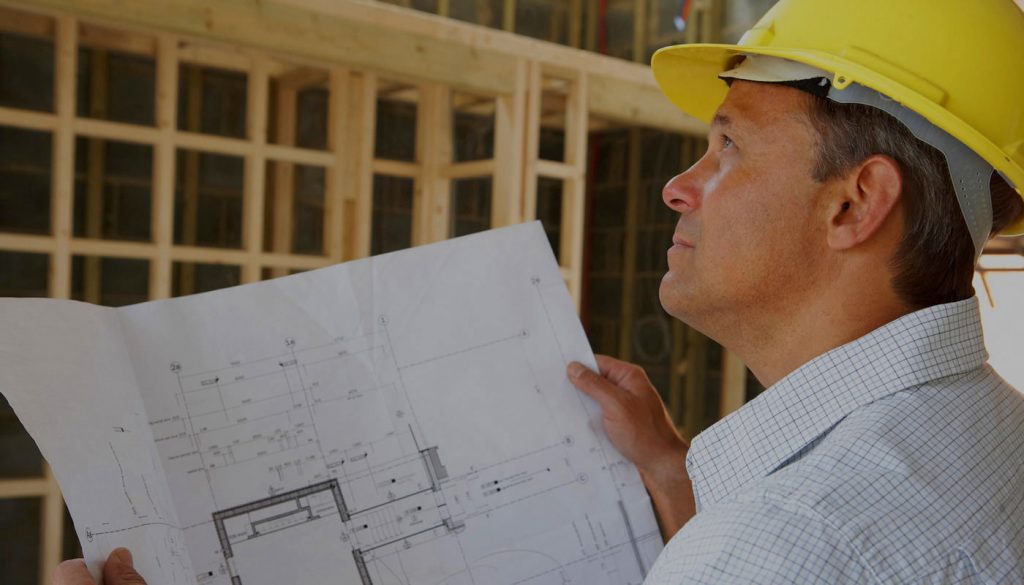Understanding Estimating
Whether you’re a developer, contractor, or more of a DIY’er, knowing the cost of your job is the first step toward success. You simply can’t afford the headaches that come when the budget is completely finished but your project is not. That’s why you need to start with a simple, yet complete and accurate budget from a company you can count on to get it right and not come to you at the halfway point looking for more money.
A good estimate should include the following 4 steps:
- Preparation – this involves carefully reviewing every piece of relevant information. For some projects that will include drawings, specifications, addenda, schedule, etc. For others it might be a simple hand sketch or idea. Whichever it is, a good estimator will familiarize themself with every available detail of the project.
- Itemizing – there’s nothing worse than hearing your supplier say “I didn’t have that in my bid”. That’s why it’s critical to take time to methodically work through the project documents and create a detailed list of every part, no matter how small. Like a jigsaw puzzle, if you don’t include each piece your job simply cannot be completed accurately. That’s why the right estimator must have plenty of experience in your type of project and a well-developed eye for detail.
- Pricing – there can be no guesswork in this step. In today’s economy the price of materials can fluctuate from one week to the next so it’s important for the estimator to get up-to-date pricing from qualified suppliers in real time and to understand the project schedule so that if the costs change before the job is finished you’re not ambushed with unexpected increases. Accurate pricing is the key to insuring that both the supplier and the customer are on the same page financially from start to finish.
- Presentation – an estimate won’t do you any good if you can’t understand it. Every piece of information you need should be clearly listed including things like: material types, quantities, coatings and finishes, what’s included and what’s not, etc. A good estimator anticipates the questions a customer will have and addresses them in the body of their document saving you time chasing down information and allowing you to accurately compare competing bids.
There’s plenty of good software available to help in the estimating process. But software is only as good as the person at the keyboard. Make sure on your next project that the company you choose prepares, itemizes, prices, and presents you with an estimate that is complete and accurate and insures your project is done within budget and on time.



